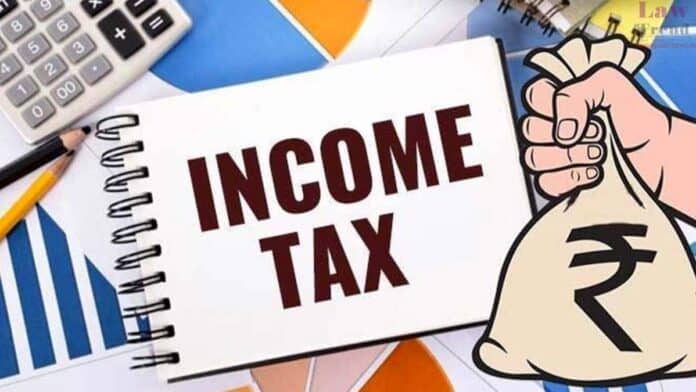The Central Government has formally withdrawn the Income-tax Bill, 2025, which was earlier introduced in the Lok Sabha on February 13, 2025, with the aim of overhauling the decades-old Income-tax Act, 1961.
The move comes after the draft legislation was examined by a Select Committee of the Lok Sabha, to which it had been referred on the very day of its introduction. The Committee submitted its report on July 21, 2025.
According to official sources, the Government has accepted almost all of the Committee’s recommendations. However, following further deliberations and feedback, additional suggestions were received which, the Government says, need to be incorporated to ensure the legislation accurately conveys the intended legal and policy objectives.
“In light of the need to integrate these inputs and avoid ambiguity in the legislative text, the Government has taken a considered decision to withdraw the Income-tax Bill, 2025, as reported by the Select Committee,” a senior Finance Ministry official stated.
The withdrawal does not mark the end of the Government’s plans to reform the tax regime. Rather, a fresh Bill is expected to be introduced in Parliament in due course, which will ultimately replace the current Income-tax Act, 1961 — a law that has formed the backbone of India’s direct taxation framework for over six decades.
Background and Reform Agenda
The Income-tax Bill, 2025 was introduced as part of the Government’s broader agenda to simplify and modernise India’s direct tax laws. The original Act, enacted in 1961, has undergone numerous amendments over the years, resulting in what experts describe as a complex and often unwieldy tax code.
Finance Minister Nirmala Sitharaman, in her February budget speech, had described the new Bill as a “comprehensive overhaul” designed to introduce clarity, reduce litigation, and bring the Indian tax system in line with international best practices.
However, stakeholders including legal experts, tax professionals, and industry bodies had pointed out several ambiguities in the draft Bill. The Select Committee’s subsequent review was seen as a crucial step in refining the legislation.
Way Forward
With the withdrawal of the current draft, the Government now has the opportunity to address the legislative gaps identified by both the Select Committee and public consultations. Officials indicated that the new Bill would be introduced in an upcoming session of Parliament after necessary revisions are made.
Experts believe the fresh draft will likely incorporate updated definitions, clearer provisions around digital taxation, and simplified compliance procedures for taxpayers across the board.
“The Government’s decision to revisit the draft Bill is a positive step,” said Renu Gupta, a tax law expert. “It reflects a willingness to engage with constructive feedback and produce a tax code that is both progressive and unambiguous.”
While no official timeline has been announced for the re-introduction of the new Bill, sources suggest that the Finance Ministry is keen to bring it before the House in the Winter Session later this year.




